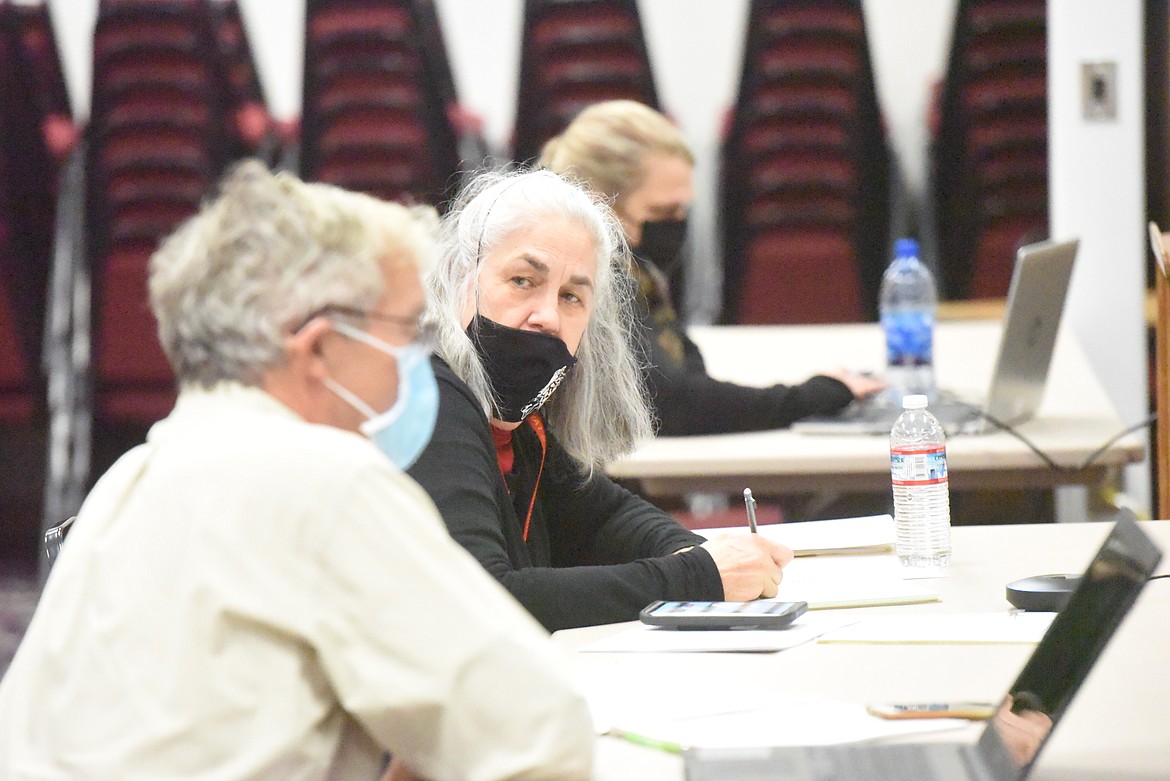Board demurs on latest local health order
Repeatedly expressing support for Dr. Brad Black, members of the Lincoln County Health Board voted narrowly against endorsing his latest pandemic-related local order during a Nov. 23 emergency meeting...
Become a Subscriber!
You have read all of your free articles this month. Select a plan below to start your subscription today.
Already a subscriber? Login




